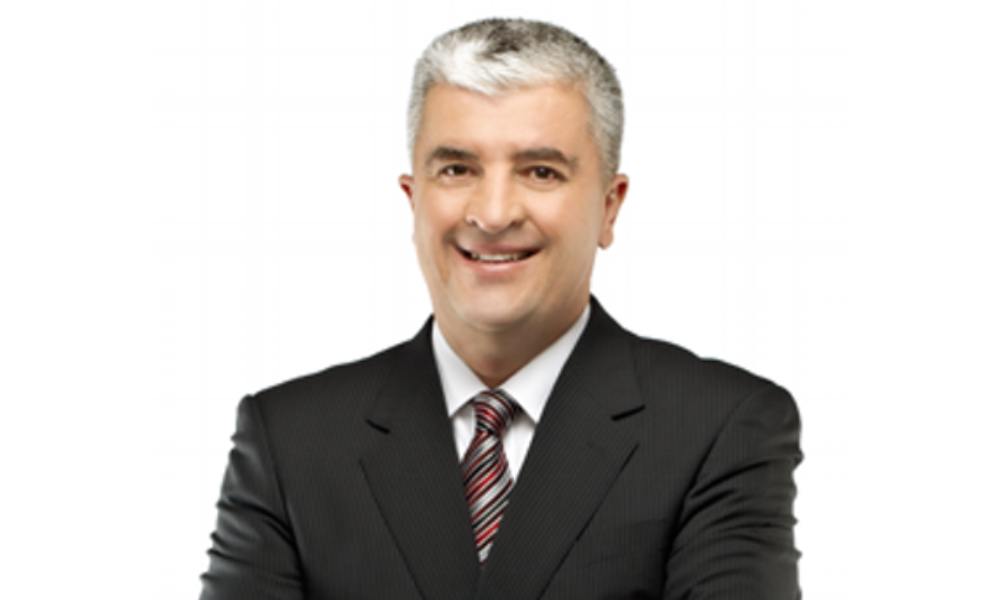What worked in the past won't work in the future, warns veteran portfolio manager

Advisors need to be innovative with their investment portfolios because what worked in the past won't work in the future.
“The old-fashioned portfolio with the regular balance has worked very well for the last 30 years, but the next 10 or 20 years will be a different story,” Francis Sabourin, portfolio manager and investment advisor with Sabourin Wealth Management with Richardson Wealth, and one of the Best Financial Advisors in Quebec, told Wealth Professional, adding that this has become increasingly obvious in the current trying market.
“We need to embrace innovation with our portfolios. I don’t mean being riskier. Just the opposite – reducing your risk – but you need to think differently. It’s like a tricycle versus a bicycle: which will win the race?”
Sabourin said while he’d anticipated interest rates rising, the unanticipated war in Ukraine has added to supply chain and inflation pressure. So, the traditional investment model hasn’t worked well for the past two quarters and will be tougher in the next quarter as well.
“Any advisors who are looking to diversify their portfolios for their clients better think differently, and there are a lot of tools out there to help. But, the message was pretty clear. The writing was on the wall, but nobody believed it. That’s why there are a lot of portfolios right now with static income off asset allocation. That’s what makes them suffer performance-wise.”
Sabourin noted that it will take the fixed income side of the portfolio a while to catch up. So, he suggested trading bonds to buy longer maturity with higher coupons to recuperate the loss, but he also reinforced that advisors should be talking to their clients and revisiting their asset allocation to find a way to reduce today’s market volatility.
His team has been mindful about what’s changing. They have avoided cyclicals as they're most interested in resilient companies that can grow their market share and revenue, even as they’re shifting out of this part of the pandemic and its recovery.
“We are obviously waiting for opportunities. The market is not cheap. We might buy back some bonds or equity, but it’s still wait and see because it’s not that clear,” said Sabourin. “It’s interesting because it’s just a game of being patient and jumping on the opportunities.”
He said more advisors should consider alternatives, particularly liquid alternatives, because they have performed better than fixed income with some having positive returns in this down market.
“They clearly played a serious, positive role within the quarter for those who were using them within their assets,” said Sabourin.
“So, that was a great test for the odds, but you have to choose which one fits best with your investment philosophy or your investment goals. That’s what I mean by the bicycle analogy. Adding alternatives to a bond and equity portfolio really helps to reduce the volatility within your portfolio and keep a decent return overall.”
Sabourin noted that alternatives help to protect in the downside, even in a choppy market, which will be important in this third quarter, particularly since they’ve had a good start since last Friday.
“If you use them properly within your asset mix, it makes a lot of sense,” he added, “because it reduces volatility and helps your portfolio do a better job, performance-wise. And that’s the name of the game. It’s a little bit more work, for sure, for the advisor and for portfolio managers like us. But, in the end, the client deserves it.”



